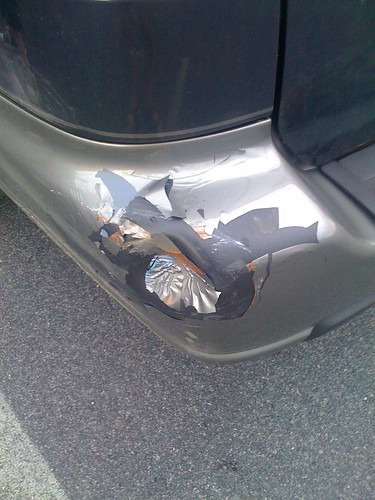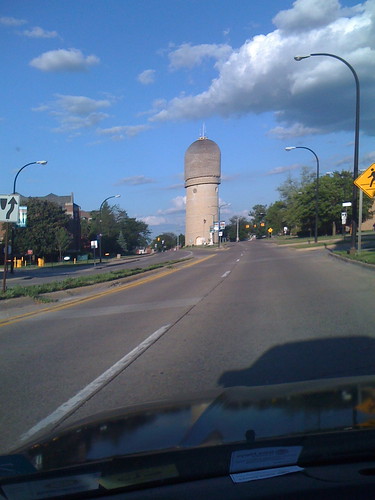Google isn’t making us stupid; that’s a nostalgic, fear-mongering sales pitch. The notion that Google (or the Net or email or LOLcats) might be making us stupid reminds me of the ecclesiastical expressions of “replacement panic,” the dread of digital change.
Google, and the panoply of digital tools and media, catalyzes different, unfamiliar ways of thinking, such that we rely on electronic resources for some capacities that we had allotted to different technologies before (first memory, then writing, then print — imagine a headline of Plato’s Phaedrus, “Is Writing Making Us Stupid?”). That transition entails certain losses, some of them regrettable losses, some perhaps irremediable. That transition may involve malefactors or heedless vandals using digital technology for baleful purposes. Terrorists and mad scientists may find digital technology useful for their evil purposes.
Granted the losses and the possibility that some will deploy technology for maleficent ends, ought we identify the technology as the problem?
Serious thinkers can arrive at divergent answers to that question — but I no longer hesitate to assert that the best, most hopeful, most richly humane way forward embraces digital technology for what it does well, perpetuates the particular strengths and affordances of previous categories of technology within the bounds of their value as effective, appropriate means for enhancing life (and as possible unforeseen resources for subsequent generations), and always contributing our energies toward enhancing and supporting one another. Automobiles are terrific technology for small-group transportation, but their over-use may be contributing to catastrophic climate change. Mass production in industrial factories produces large quantities of cheap goods, but frequently at cost to laborers and the environment. Digital media affords tremendous possibilities, and also risks and costs.
Learning wisdom, sharing resources, exercising prudence in our common life — Google doesn’t threaten any of these. Indeed, Google can (not “intrinsically,” not “necessarily,” but very certainly “possibly”) help us learn, connect, and negotiate. That doesn’t seem stupid to me, not at all.






